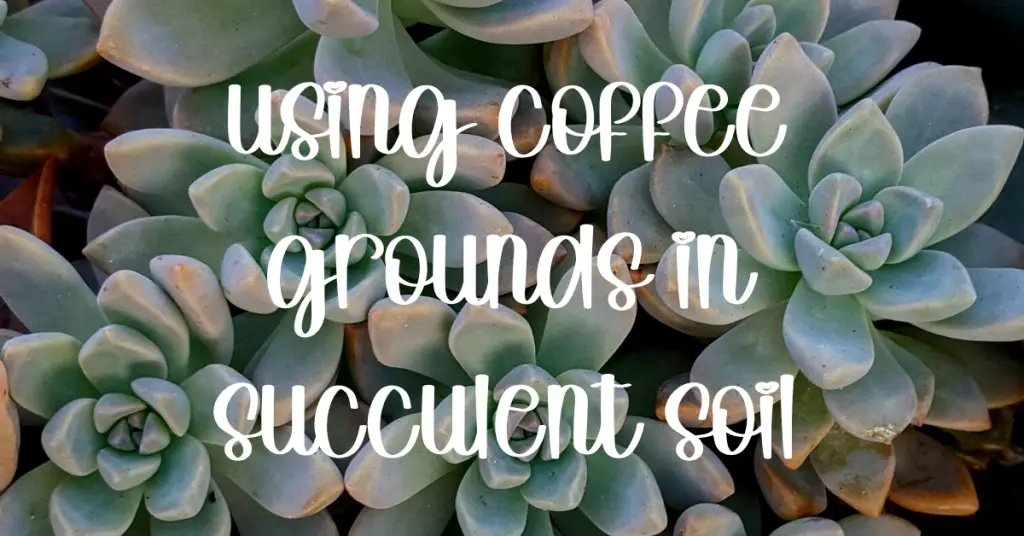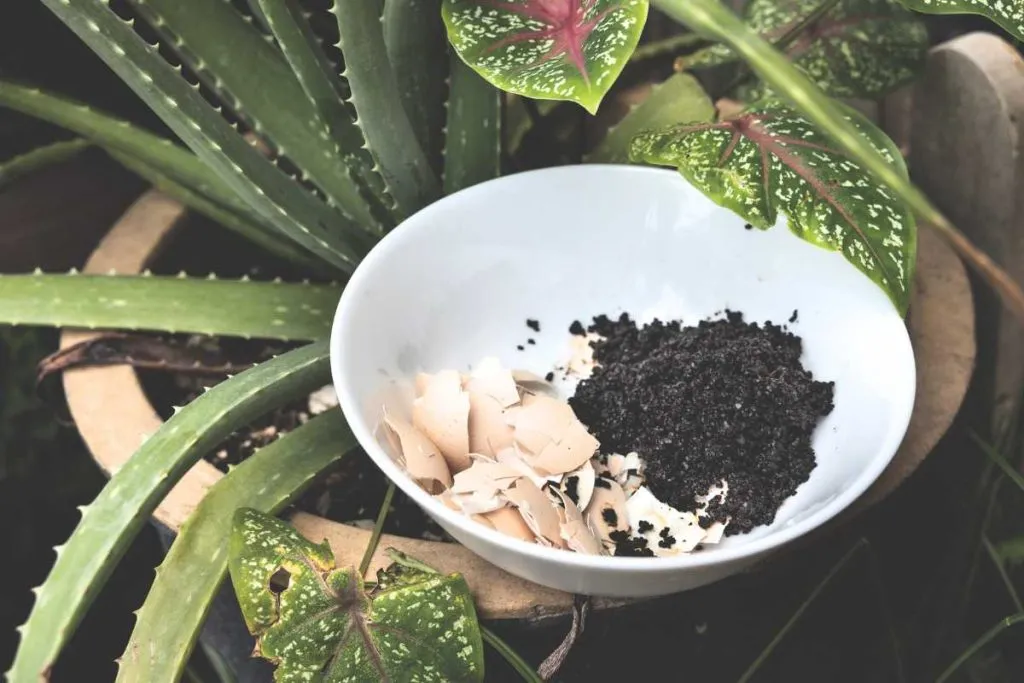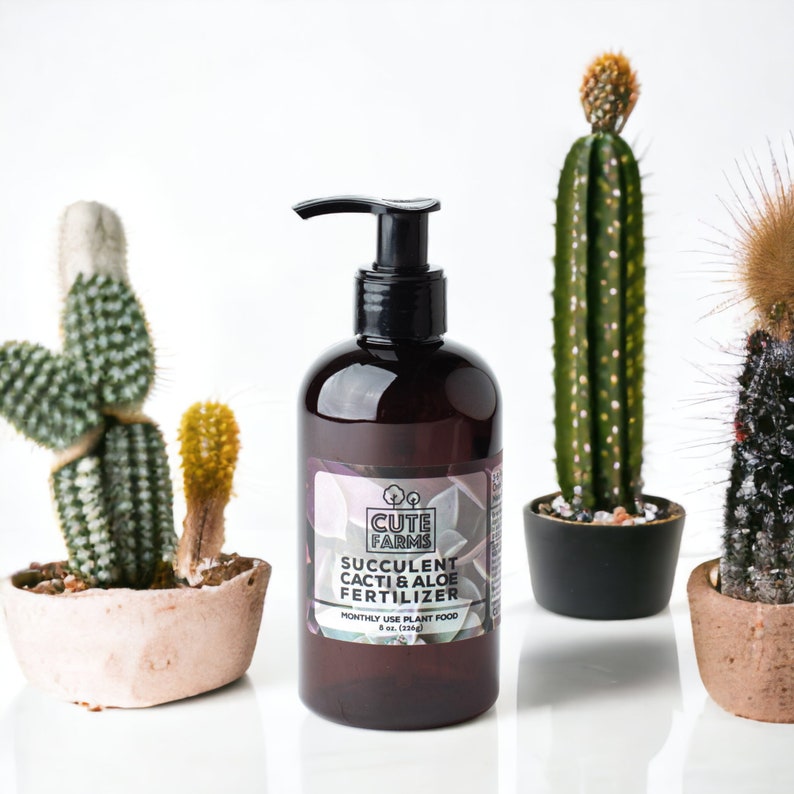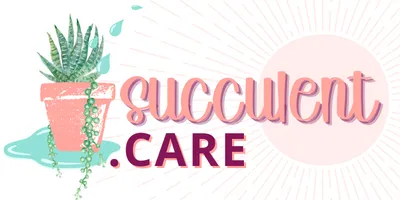To promote healthy growth and protect them from pests, many succulent enthusiasts have turned to coffee grounds as a natural fertilizer and pest control solution. In this article, we will provide you with some useful tips on how to use them effectively in succulent soil.

Coffee Grounds as Fertilizer for Succulents
Nutritional benefits of coffee grounds
Coffee grounds are rich in organic matter and contain essential nutrients that can benefit succulent plants. The grounds contain nitrogen, potassium, phosphorus, and other trace minerals that promote healthy succulent growth and development.
When you’re rooting or transplanting your succulents and cacti, use SUPERthrive to help reduce the chance of transplant shock and grow a strong root system.
Tips for using coffee grounds as fertilizer
- Composting coffee grounds: Before using them in your succulent soil, it’s best to compost them first. This helps to break down the grounds and reduce their acidity, making them more suitable for plant use.
- Mixing coffee grounds with potting soil: Incorporate grounds into your succulent potting mix by mixing them with the soil. Aim for a ratio of 25% coffee grounds to 75% potting soil. This ensures that they’re adequately diluted to avoid overwhelming the plants with high levels of nutrients.
- Applying as a top dressing: Another way to use coffee grounds is by applying them as a top dressing around the base of your succulents. This can help retain moisture and provide a slow-release source of nutrients.
- Avoiding excessive use: While coffee grounds can be beneficial, it’s important not to overdo it. Excessive application of coffee grounds can create an acidic environment, which may harm succulents that prefer a slightly alkaline soil pH. Monitor your plants closely and adjust the amount of grounds accordingly.
You might also like: Rocks On Top of the Soil: Pros and Cons of Topdressing

Coffee Grounds for Pest Control in Succulents
Repelling pests with coffee grounds
Coffee grounds have been found to repel certain pests that can be harmful to succulents, such as slugs, snails, and ants. The strong aroma and texture of coarse grounds can act as a deterrent, keeping these pests away from your plants. There’s nothing more that irks me than snails and slugs eating my succulents after it rains.

Tips for using coffee grounds as a pest control measure
- Creating a barrier: Spread a layer of coffee grounds around the base of your succulents to create a barrier that pests are less likely to cross. This can be particularly effective against slugs and snails.
- Natural ant repellent: Ants can be a common nuisance for succulent growers. To deter ants, place grounds near the entry points of the pests or directly on their trails. The smell of coffee can disrupt their pheromone trails and discourage them from entering the area.
You might also like: 14 of the WORST Succulent Pests and Diseases, Prevention Tips and Fixes
Precautions and Considerations
While coffee grounds can offer benefits for succulents, it’s important to keep a few precautions and considerations in mind:
- Moderation is key: Avoid excessive use, as it can lead to nutrient imbalances or overly acidic soil conditions.
- Consider plant preferences: Not all succulents have the same soil preferences. Some may prefer a more alkaline soil, while others thrive in slightly acidic conditions. Research the specific needs of your succulents.
- Avoid using with sensitive plants: If you notice any signs of stress or negative reactions in your plants, stop using them for those particular species.
- Complement with other fertilizers: Coffee grounds should not be the sole source of nutrients for your succulents. Complement their use with other organic or commercial fertilizers to provide a balanced nutrient profile for your plants.
You might also like: 10 DIY Succulent Fertilizer Recipes: The Ultimate Guide to Healthy Succulents
Coffee grounds can serve as a beneficial addition to succulent soil, providing both fertilizing properties and acting as a natural repellent against pests. By composting the grounds and using them in moderation, you can enjoy the benefits of this organic and eco-friendly approach to succulent care. Remember to monitor your plants closely and always consider the specific preferences of your succulents. With proper care and attention, your succulents can thrive and bring beauty to your indoor or outdoor space.
You might also like: Succulent Soil: Ultimate Guide & 4 DIY Recipes to Keep Your Succulents Happy and Healthy
Click on the image below to learn how crushed eggshells can benefit your succulent soil.


Succulent fertilizer available to purchase on Etsy.

